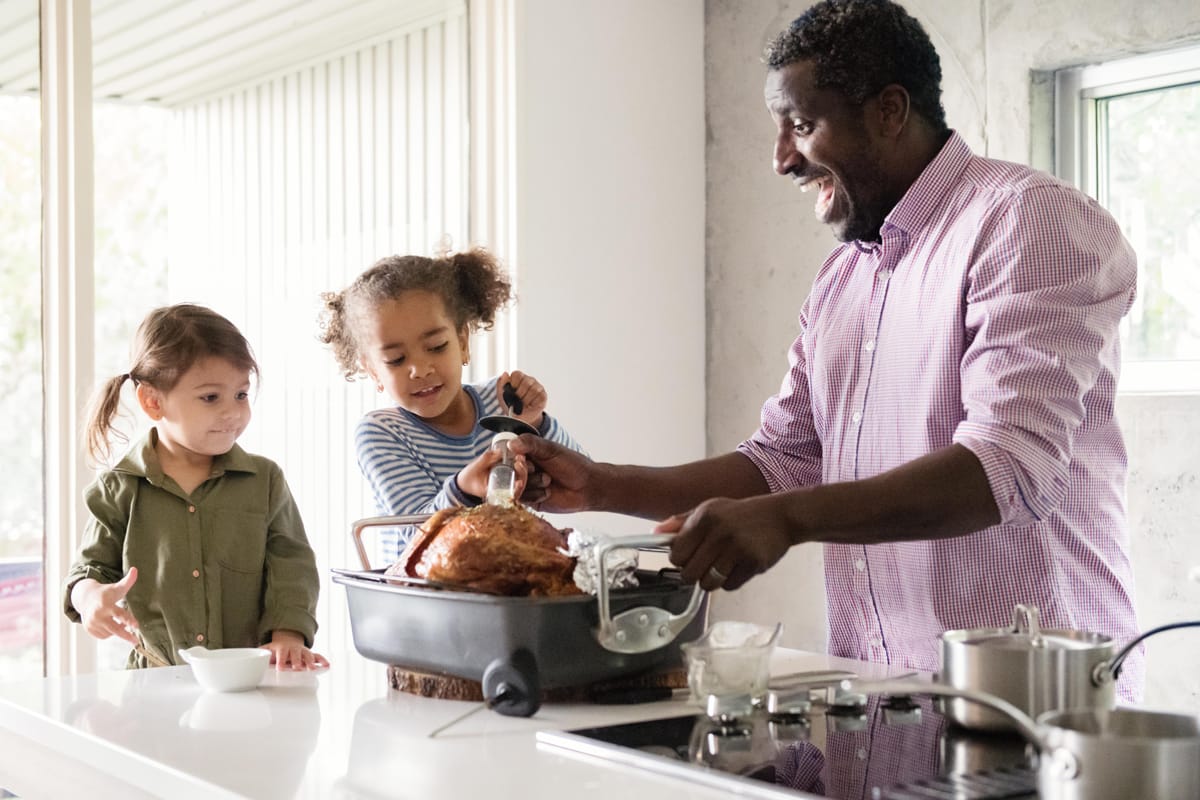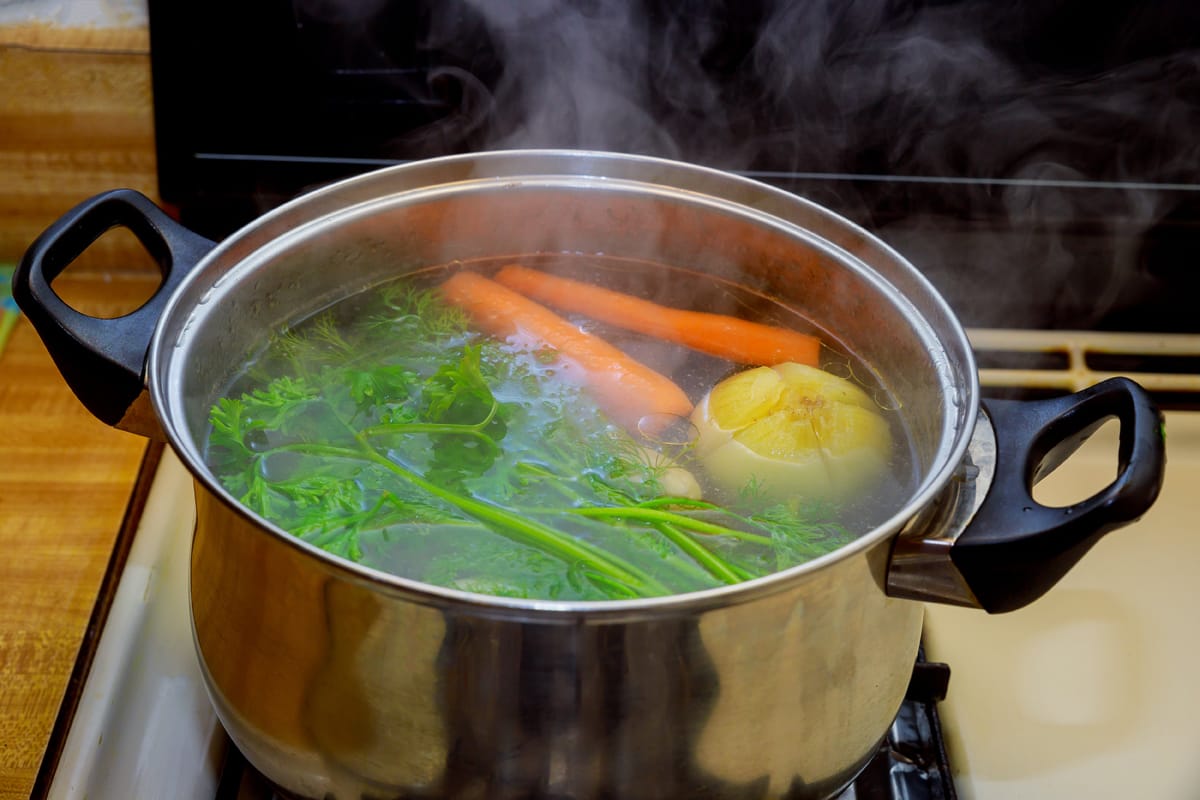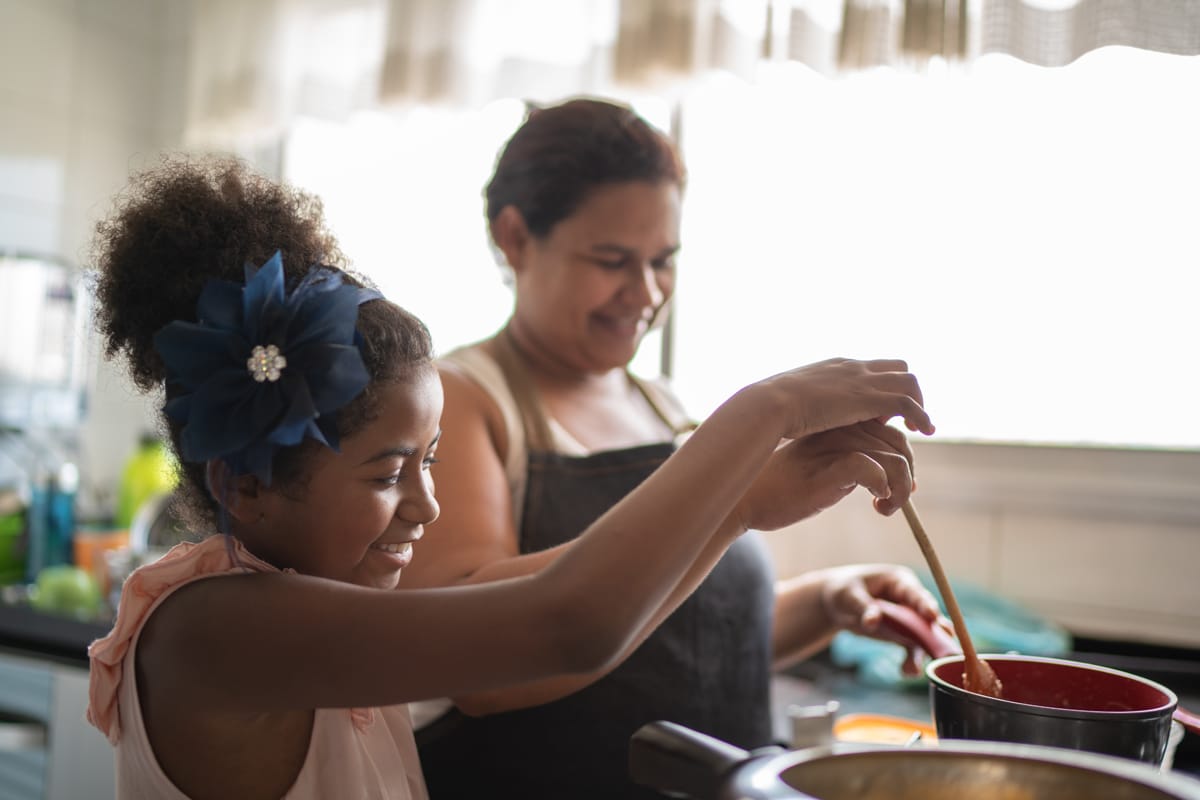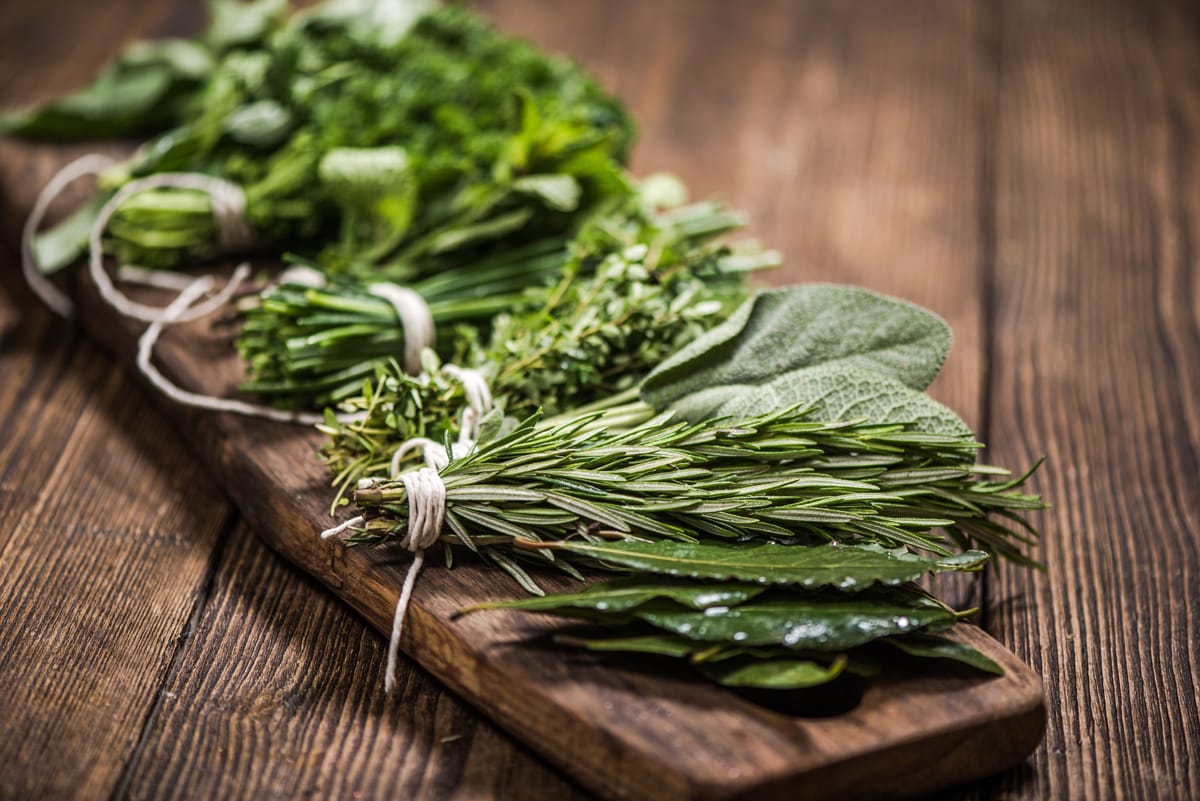How Hard Water is Harder on Cooking

Cooking is tough as it is. If you weren’t born with that Gordon Ramsey gene, you know this to be true! But did you know that your tap water could be making it all the more difficult? Thanks to unwanted particulates in public water supplies, hard water is probably making your kitchen endeavors harder.
WHAT IS HARD WATER?
Hard water is just water with a high mineral content, particularly magnesium and calcium. And these minerals can totally change the science behind delicious food. Generally, hard water is categorized as having 200 parts per billion (ppb), while soft water contains 50 ppb or less. Since 85% of American households have hard water in their taps, it really is an epidemic for cooking connoisseurs. And, depending on your level of expertise in the kitchen, this might be shocking to you.
You can generally tell if your water is hard very easily. Having crusty buildup on your faucets, film that appears on clean dishes, more prominent soap scum in the shower, or even dry skin can all be indicators of hard water. You can also purchase a testing kit online or at most big box stores to make sure.
It’s also worth mentioning that especially “soft” water can wreak havoc on your cooking, too. But it’s better to start with a safer base and adding your own necessary minerals than it is to get more than you bargained for through lousy tap water. Our article specific to homebrewing your own beer goes over how to perfect your water, a practice that applies to cooking and baking, too.

EFFECTS ON BAKING
Your water could be wreaking havoc on your recipes, especially when it comes to baking. Baking is a very “exact” art form—there’s nothing really up for interpretation. So, even if you’re following a recipe spot-on, your water could be changing its outcome.
Hard water affects two essential facets in baking: gluten formation and yeast. Negative effects on these two things can cause a nightmare, like overly rubbery dough or tough dough. In addition, these minerals can cause gluten to become tight and unworkable while decreasing the necessary fermentation rate of yeast. This is because hard water is more alkaline, affecting a dough’s water absorption.

EFFECTS ON COOKING
Unlike baking, cooking on a stovetop is much more relaxed in most cases. That’s because baking relies on many chemical reactions to produce a perfect finished product. In other words, that’s not the case with cooking. But don’t get too comfortable, because your recipes are just as likely to be affected by hard water!
When some minerals in your hard water dissolve, it can affect your food’s appearance and texture. For instance, boiling or blanching vegetables succumb to hard water the most. They’ll appear drained of color and feel more al dente than you’d prefer. Rice is another food affected by hard water, as it will seem tough after being boiled. Not to mention, these foods will absorb some of those minerals, like chlorine, causing you to ingest them. And that’s not good for anyone!

WHAT TO DO?
While there are ways to soften your water, those DIY or kit methods don’t fix the underlying problem: bad water. Tap water can often bring with it a slew of yucky contaminants such as lead, bacteria and protozoa, cancer-causing chemicals and more. Water softeners, and even water filters, can’t eliminate those completely.
So, what’s to be done? Switching to purified water is your best bet, particularly Primo® Water. Primo undergoes a 5-step Reverse Osmosis (RO) purification system that eliminates harmful microorganisms, heavy metals, trace pharmaceuticals and more. Not only does this give you better, safer water, but it also offers water with a more refreshing taste. Find Primo near you and experience it for yourself!
So, keep trying your hand at cooking and baking. But beware: better, safer water doesn’t make better, safer chefs. Some people still burn their cereal. It’s okay, we don’t judge.
